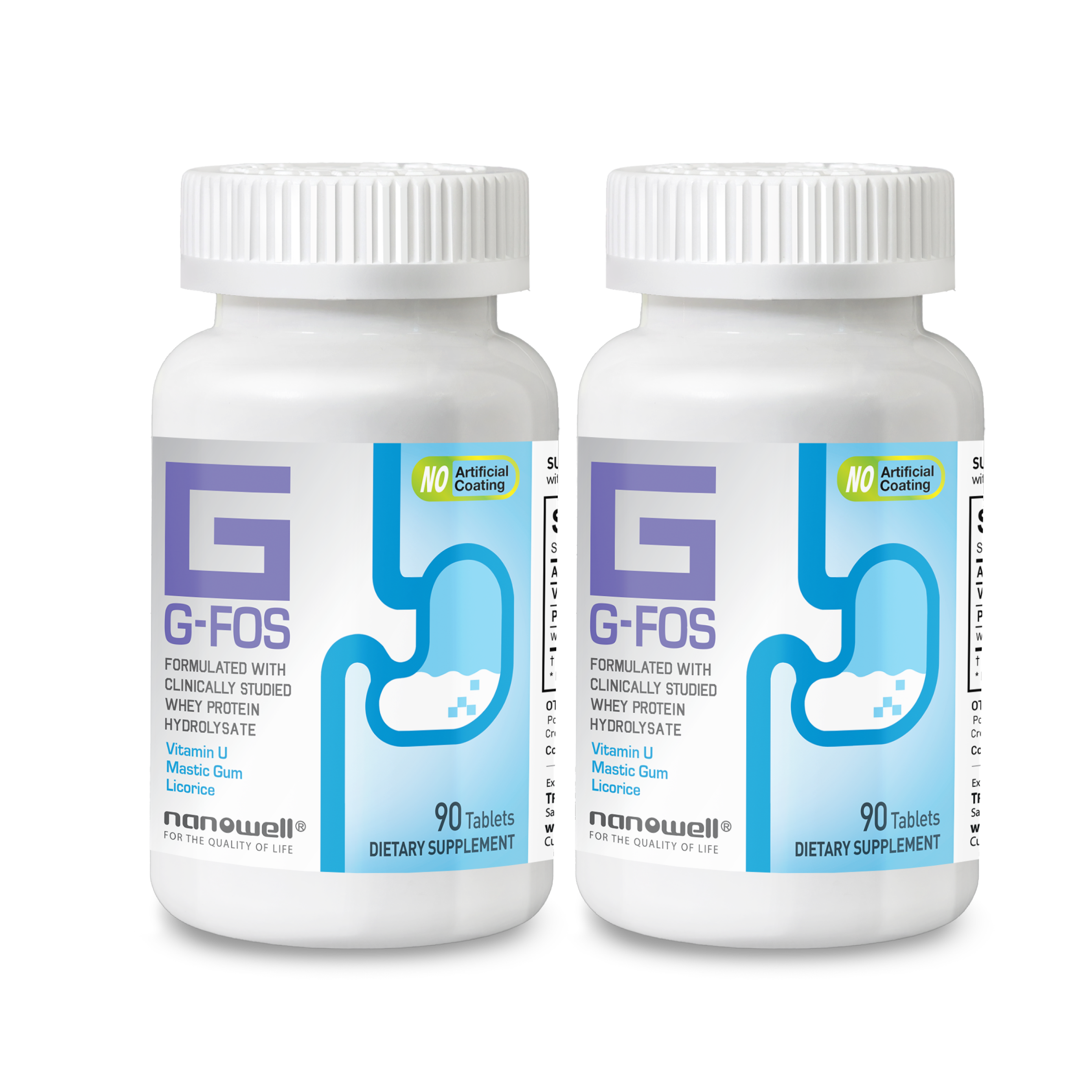11 Benefits of Fish Oil
Fish oil is an excellent source of omega-3s, which is good for the heart and the brain. However, getting your omega-3s from fish is healthier. If you don’t eat fish, fish oil supplements are a good alternative.
Fish oil is one of the most commonly consumed dietary supplements.
It’s rich in omega-3 fatty acids, which are very important for your health.
If you don’t eat a lot of oily fish, taking a fish oil supplement could help you get enough omega-3 fatty acids.
Here are 12 health benefits of fish oil.
Fish oil is extracted from oily fish like herring, tuna, anchovies, and mackerel. It contains omega-3 fatty acids, which have many health benefits.
About 30% of fish oil is omega-3s, along with vitamins A and D. Fish oil has better health benefits than plant-based sources of omega-3s.
The two main types of omega-3s in fish oil are eicosapentaenoic acid (EPA) and docosahexaenoic acid (DHA), while the type found in plant sources is mainly alpha-linolenic acid (ALA).
It’s important to get enough omega-3s because the Western diet often replaces them with other fats, leading to potential health issues.
If you aren’t able to eat enough fish, taking supplements can help.
1. May support heart health
Research shows that people who eat a lot of fish have much lower rates of heart disease.
Multiple risk factors for heart disease appear to be reduced by consuming fish or fish oil. The benefits of fish oil for heart health include helping:
- lower cholesterol
- lower triglycerides
- reduce blood pressure
- prevent the formation of plaques that harden arteries
There’s moderate evidence that omega-3 may help reduce the severity of and mortality from heart disease. More research is needed to determine if omega-3 has any association with preventing stroke or reducing mortality from stroke.
2. May help treat certain mental health conditions
If you measure the weight of the brain without any fluid, it will contain about 20% polyunsaturated fatty acids, which include omega-3. Therefore, omega-3s are essential for typical brain function.
In fact, research suggests that people with certain mental health conditions have lower omega-3 blood levels, and having more omega-3s may help prevent the onset or improve the symptoms of some mental health conditions like depression.
3. May support eye health
Evidence shows that people who don’t get enough omega-3s have a greater risk of eye diseases, with the exception of dry eye disease.
Furthermore, eye health begins to decline in old age, which can lead to age-related macular degeneration (AMD). Eating fish is linked to a reduced risk of AMD, but the results from fish oil supplements are less convincing.
4. May reduce inflammation
Because fish oil has anti-inflammatory properties, it may help treat chronic inflammatory conditions. For example, increased weight or stress can sometimes contribute to higher levels of inflammation.
When it comes to inflammatory bowel disease (IBD), however, the role of omega-3 still isn’t fully determined.
That said, fish oil supplements can help reduce joint pain, stiffness, and medication needs in people with rheumatoid arthritis, which causes pain in the joints.
5. May support healthy skin
Your skin is the largest organ in your body, and it contains a lot of omega-3 fatty acids.
Fish oil supplements may be beneficia in a number of skin disorders, including psoriasis and dermatitis.
6. May support pregnancy and early life
Omega-3s are important for early growth, particularly during the first trimester of pregnancy, as well as beyond.
Taking fish oil supplements while pregnant or nursing may help improve the child’s cognitive development, though more research is necessary to determine this definitively.
That said, taking fish oil supplements during pregnancy and nursing may also improve infant visual development and help reduce the risk of allergies.
7. May reduce liver fat
Your liver processes most of the fat in your body and can play a role in weight gain.
Fish oil supplements can improve liver function and inflammation, which may help reduce symptoms of nonalcoholic fatty liver disease (NAFLD), and the amount of fat in your liver.
8. May improve attention and hyperactivity in children
A number of neurodevelopmental conditions in children, such as attention deficit hyperactivity disorder (ADHD), involve hyperactivity and inattention.
Fish oil supplements may improve perceived hyperactivity, inattention, impulsiveness, and aggression in children. This may benefit early life learning. But more research is needed.
9. May help prevent symptoms of mental decline
People who eat more fish tend to experience a slower decline in brain function in old age.
According to a 2023 meta-analysis of 48 studies, omega-3 supplements may help reduce of dementia and age-related cognitive decline by as much as 20%.
10. May improve asthma symptoms and allergy risk
Asthma, which can cause swelling in the lungs and shortness of breath, is becoming much more common.
Research suggests that omega-3 may help with reducing asthma-related inflammation, the severity of symptoms, and even the need to use asthma medications. That said, more research is needed to confirm this effect.
11. May improve bone health
Calcium and vitamin D are very important for bone health, especially in older age, but some studies suggest that omega-3 fatty acids can also be beneficial.
People with higher omega-3 intakes and blood levels may have better bone mineral density (BMD).
However, it’s unclear whether fish oil supplements improve BMD. If there’s a benefit, it may depend on the type of fish oil the supplements are made of and how it’s made.





